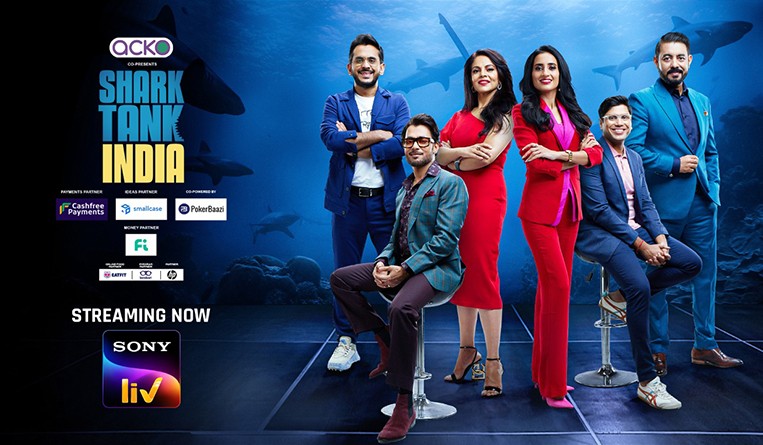Reality TV show in India sends copyright violation notices to startup participants
06 June 2024

Photo: Shark Tank India (TV Series 2021– ) - IMDb
In May 2024, the producer of the Indian reality television series Shark Tank India sent copyright infringement notices to startups that appeared on the show for using video clips of their pitch on the program and putting these up on YouTube and Meta ads.
Shark Tank India provides entrepreneurs, especially startups, the chance to avail sponsorship and funding by featuring them on the show to pitch or present their ideas, products and services before a panel of investors, referred to as sharks. The objective of the pitch is to convince the panel to grant them sponsorship so they can turn their ideas into products and services and launch these in the market.

Sudeep Chatterjee, Senior Partner, Singh & Singh, New Delhi
Aired on TV channel Sony Entertainment and OTT platform SonyLIV, Shark Tank India is owned and controlled by Culver Max Entertainment, which trades as Sony Pictures Networks India.
According to Sudeep Chatterjee, a senior partner at Singh & Singh in New Delhi, Shark Tank India falls within the definition of “Cinematograph Film” under the Copyright Act 1957 since it is a TV show consisting of visual and sound recordings.
Furthermore, in Section 2(d)(v) of the act, the authorin relation to a cinematograph film or sound recordings refers to the producer, meaning ‘a person who takes the initiative and responsibility of making the work.’“In light of the above, unless there is an agreement to the contrary, we can say that Culver Max Entertainment is the ‘author’ of Shark Tank India and enjoys exclusive rights over the TV series, including the video clips, sound recordings, etc. forming part thereof. As a result, in the absence of any permission from the owner of the copyright, the use of video clips or footage by startups and individuals who participated in Shark Tank India does amount to copyright infringement,” said Chatterjee. Thus, the producer sending the copyright violation notices is legally permissible and justified.
However, he added that the startups who received the copyright violation notices may rely on the defence of de-minimis, which translates to the following:1)The law does not concern itself with trifles. 2) The law does not regard trifles. 3)The law cares not for small things. “If they are able to show that the video clips being used are of very short duration, thus the infringement is trivial in nature. In addition, if the participant is able to demonstrate that the intention to use the video clip is not to steal or encash upon the producer’s copyright, the same may supplement the claim of de-minimis,” said Chatterjee.
They can also claim performance rights as envisaged in the act, provided the participants did not execute an agreement to include their performance in a cinematograph film such as Shark Tank India. Section 2(q) of the act defines ‘performance,’ in relation to the performer’s right, as “any visual or acoustic presentation made live by one more performer.” “Hence, it can be construed that the participants appearing on Shark Tank India are performers inasmuch as they are presenting their product and idea to the concerned panel,” explained Chatterjee.
“Now, the biggest takeaway from this situation is that the participants, who are the owners of the products they are trying to present to the panel, cannot advertise themselves to have participated in Shark Tank India. Despite being the mind behind their product, they cannot use the name of Shark Tank India to advertise the same,” he said. However, Chatterjee added they can use the video clips for personal use.
- Espie Angelica A. de Leon






